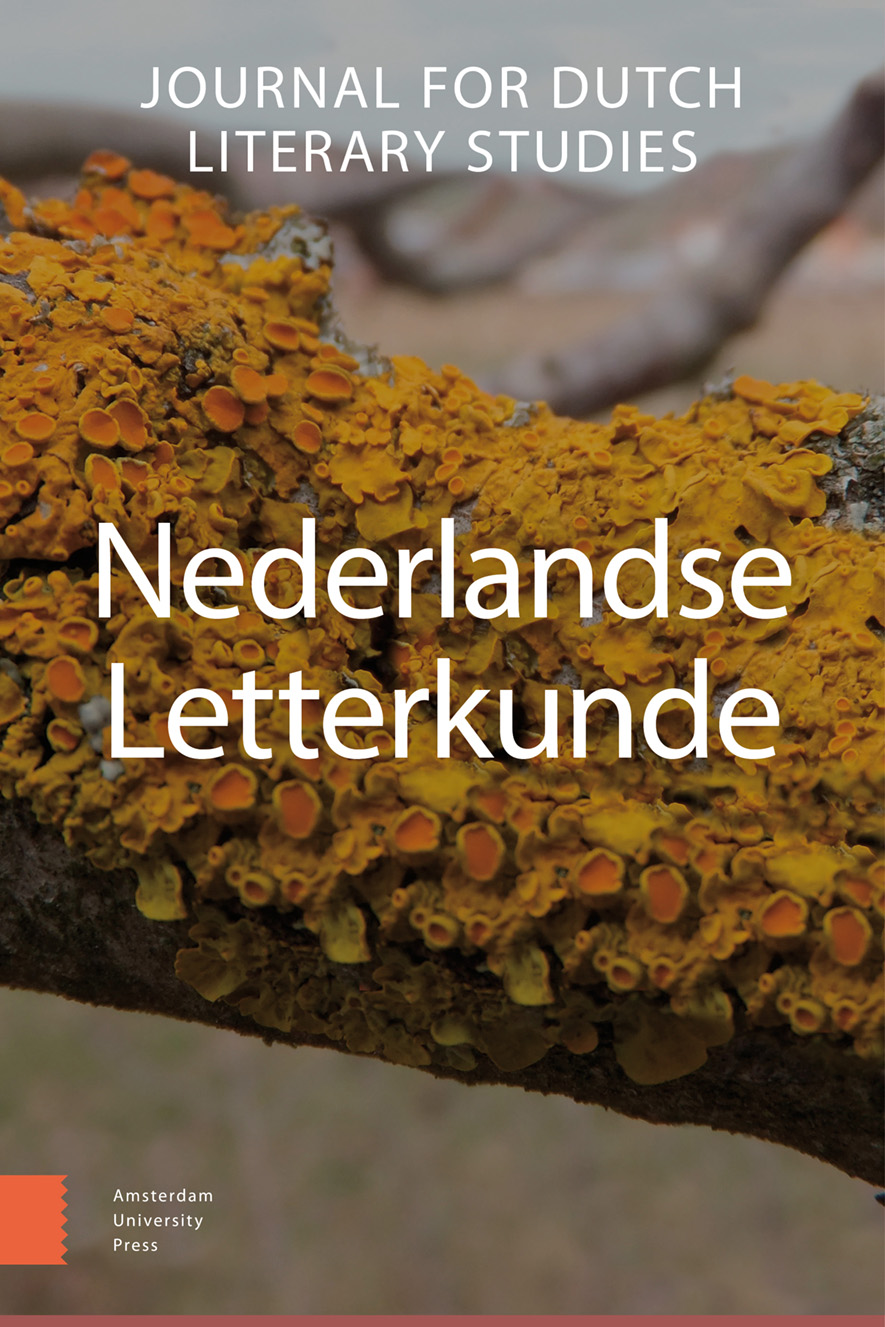-
oa Meeleesclub voor laaggeletterde volwassenen: een toepassing van het leeshongermodel
- Amsterdam University Press
- Source: Nederlandse Letterkunde, Volume 27, Issue 1, Jul 2022, p. 25 - 43
-
- 01 Jul 2022
Abstract
International research indicates that the number of adults with very low literacy levels is rising in the Netherlands. Illiterate adults may feel the instrumental need to develop their reading proficiency. However, for them reading is associated with negative feelings such as shame and frustration. Additionally, they do not have the motivation, knowledge or skills to find an interesting book or paper and, furthermore, they often lack social support to start reading and to persist in a reading habit. This suggests that reading interventions should be designed along the lines of social processes of reading; to support people in finding interesting books, reading and talking about them. This paper illustrates, by means of the ‘read-along club for adults’, what such an intervention could look like. The paper elaborates on four topics. Firstly, how read-along clubs for adults can reduce reluctance in reading. Secondly, how reading-along clubs for adults could mediate all social processes, such as seeking information, deciding on a book, reading and discussing the book, so illiterate adults know what to do when they want to read. Thirdly, how reading-along clubs can support building a reading habit. And finally, it illustrates the importance of a social support network of all readers.


